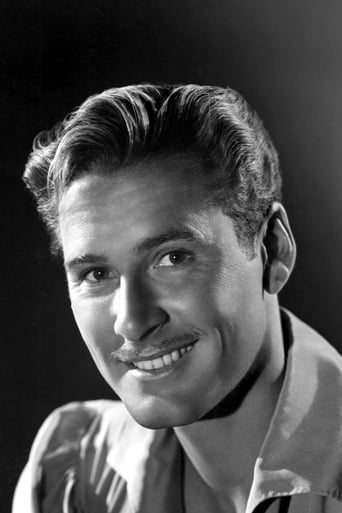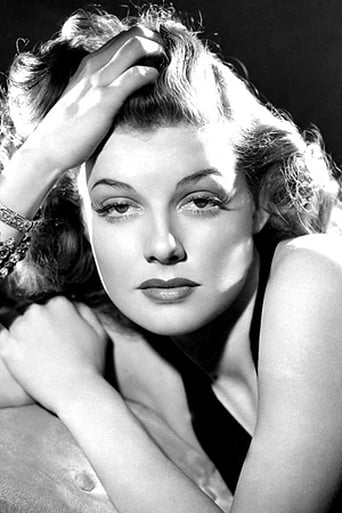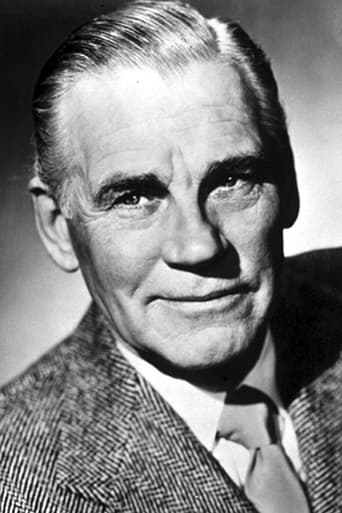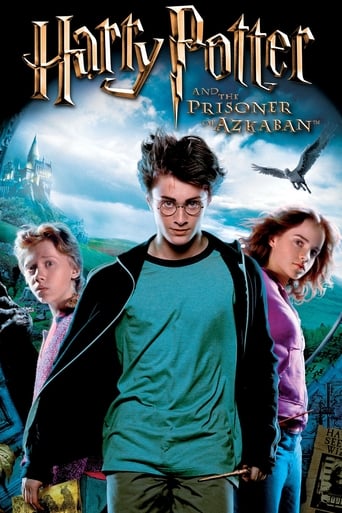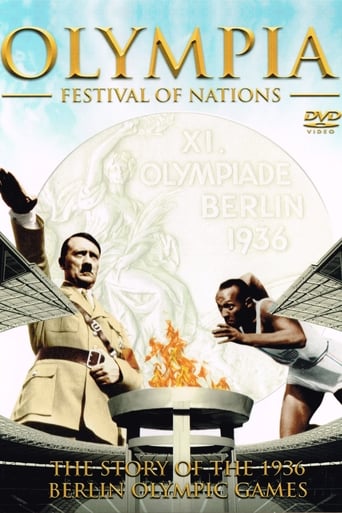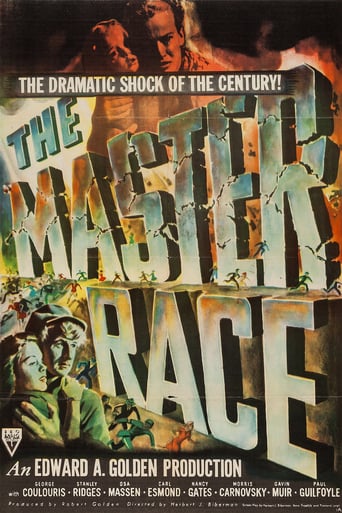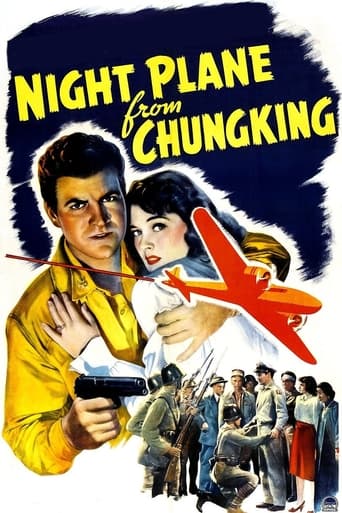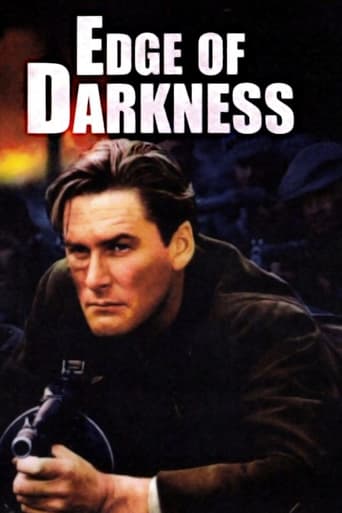
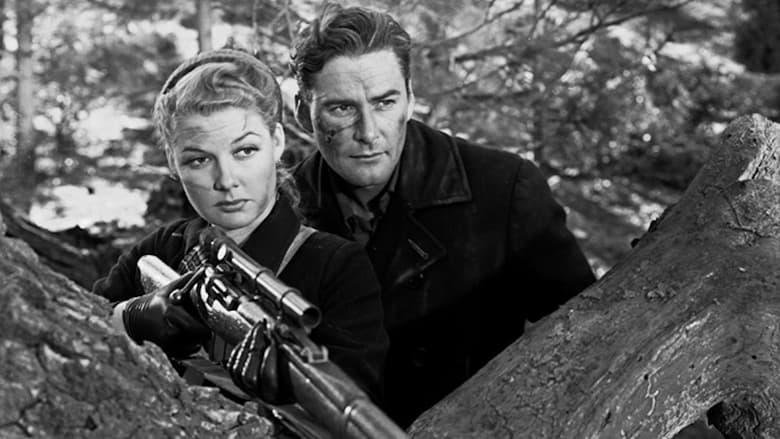
Edge of Darkness (1943)
The film pivots around the local Norwegian doctor and his family. The doctor's wife (Ruth Gordon) wants to hold on to the pretence of gracious living and ignore their German occupiers. The doctor, Martin Stensgard (Walter Huston), would also prefer to stay neutral, but is torn. His brother-in-law, the wealthy owner of the local fish cannery, collaborates with the Nazis. The doctor's daughter, Karen (Ann Sheridan), is involved with the resistance and with its leader Gunnar Brogge (Errol Flynn). The doctor's son has just returned to town, having been sent down from the university, and is soon influenced by his Nazi-sympathizer uncle. Captain Koenig (Helmut Dantine), the young German commandant of the occupying garrison, whose fanatic determination to do everything by the book and spoutings about the invincibility of the Reich hides a growing fear of a local uprising.
Watch Trailer
Cast
Similar titles

Reviews
Thanks for the memories!
best movie i've ever seen.
It's an amazing and heartbreaking story.
This movie feels like it was made purely to piss off people who want good shows
Directed by Lewis Milestone, who won Oscars for Two Arabian Knights (1927) and All Quiet on the Western Front (1930), this William Woods novel was adapted by Robert Rossen. It's about the struggle against the Nazi occupation in Norway during World War II in the spring of 1942.Despite the fact that it's primarily a propaganda film, it's a very good drama which features solid performances by several of the more popular Warner Bros. stars in their day, including: Errol Flynn, Ann Sheridan, Walter Huston, Helmut Dantine, Judith Anderson, and Ruth Gordon, among others.It's May 28, 1942 and a German patrol plane flies over a small fishing community in Norway. Its pilot notices that a Norwegian flag is flying over the garrison in lieu of the Nazi's flag. He radios this fact to the authorities who dispatch a troop laden boat to the area. Upon investigation, the Germans discover that, except for the raving cannery owner - Kaspar Torgerson (Charles Dingle) - who they unceremoniously shoot dead, the town's streets are strewn with dead people, including their own soldiers. They continue to march through the village to its hotel, where they see the remains of a "last stand" and find their occupation commander Captain Koenig (Dantine) at his desk, where he's been shot in the head. The rest of the story is told in flashback:Koenig relates the details of his situation to a visiting Nazi SS officer: he has 150 men positioned throughout the 800 resident fishing community and, though they've experienced small forms of resistance at random times over the past 2 years, he feels confident that the situation is under control such that he's applied for a promotional transfer. He lists the names of several leaders of the resistance, but says he hasn't got what he needs to arrest them and his orders are to keep the peace. We learn that fisherman Gunnar Brogge (Flynn); his girlfriend Karen (Sheridan), the daughter of Dr. Stensgard (Huston); hotelier Gerd Blarnesen (Anderson), whose father was killed during the German invasion, yet she's "romantically" pursued by a German officer; shopkeeper Lars Malken (Roman Bohnen); and baker Knut Osterholm (Art Smith) are all resistance leaders (as is Monte Blue, who appears uncredited). Gordon plays Dr. Stensgard's (Huston's) wife Anna; Nancy Coleman plays Koenig's kept woman, and a local who doesn't want to get involved. I believe that's Virginia Christine, the Folgers coffee woman, who appears uncredited as the Stensgard's maid. As it turns out, the Nazi SS officer is really British, and is undercover to tell the Norwegians that arms are on the way, and how they'll be delivered. The college educated Karen is given the task of remembering the complicated signally code.A town meeting is held in the church to decide what to do once the arms are obtained. Of course, its pastor (Richard Fraser) is against violence. Hammer (Tom Fadden, uncredited) tells the congregation how he was injured in the massacre that occurred in another similar community not far away. Gunnar calmly leads the meeting, making sure each one's views are heard. Dr. Stensgard doesn't want to get involved. The old school teacher Sixtus Andresen (Morris Carnovsky) doesn't have any advice or wisdom to impart. Ultimately, however, they vote to take up arms against their German occupiers once the time comes. Torgerson, who wasn't at this meeting but senses an uprising, is a businessman who wants to keep the peace, for the fisherman to continue to work as if nothing has happened such that his cannery can remain open. So, he invites his nephew, his sister is Anna, Johann Stensgard (John Beal) to return from Oslo, where he didn't resist its occupation by the Germans. Obviously Karen is not too happy that her brother, referred to as a Quisling (Norway's equivalent of Benedict Arnold), has come home at such a critical time. She informs the rest of the resistance leaders of the possibility that he will betray them so that, encouraged by Torgerson who promises him the cannery is his future, when he does he is made to be the fool by Malken, who's somewhat of a boob himself with feelings of self importance.Since you know where this is leading, there isn't much more to tell except, given its propaganda theme, that the Germans led by Koenig (played as well as can be expected by Dantine, who you'll probably recognize as the German pilot that Greer Garson's Mrs. Miniver (1942) must deal with, given the one dimensional character he had to play) are shown to be successively more oppressive - burning Andresen's books, committing rape, etc. - until a full scale, armed revolt is the town's only recourse.What is particularly noteworthy is Huston's characterization of the henpecked doctor who is credibly transformed from a pacifist into a patriot during the course of events. The battle scenes themselves are nothing spectacular or unique, but they are worthy of the rest of this quality film.
When a coastal town of Norway becomes the latest victim of Nazi oppression, the proud townspeople gather together to fight for their continued freedom, deal with traitors ("quislings") amongst their own and eventually show their power over German brutality. An excellent example of war propaganda, this masterful Warner Brothers drama is spared no detail in fighting against Hitler's machine of evil. Leading the way are rumored real-life Nazi spy Errol Flynn and "oomph girl" Ann Sheridan who shows that amongst her loveliness, she was also quite a good dramatic actress and had a truly wonderful spirit. Flynn is the leader of the resistance, a seemingly peace- loving fisherman who has no fear of losing his own life if his homeland can regain its freedom and the nasty fifth columnists all drowned with the help of the many fishing boats docked on their beautiful shores.Sheridan is the daughter of the town's beloved doctor (the always excellent Walter Huston), a peace-loving man who is against the resistance simply because of fear, but circumstances slowly change his mind. He's married to the quiet and wise Ruth Gordon (long before the days of her campy old ladies), and is looked up to by the town. Others highly involved include the local innkeeper (Judith Anderson, playing a wise, courageous and decent woman, a far cry from her many evil film roles) as well as other businessmen who don't want their livelihoods spoiled by the intrusion of these evil invaders. Some agree with the plan to fight, some want peace (particularly the local priest who must weigh his conscience later on as the situation worsens) and others want action immediately. Huston's family has its own issues with Gordon's factory owning brother (Charles Dingle) the biggest quisling of them all, an influence on their college age son (John Beal) who is exposed and banished.Of course, with any film dealing with wartime propaganda, at times, it is going to seem melodramatic or over-the-top, but the war years were filled with many tragic elements that fortunately didn't touch American soil outside the Japanese detention camps. The hard-working European farmers and merchants suffered greatly at the hands of German and Italian invaders, so there is no need for subtlety. Other movies have presented similar themes (my other favorite being 1940's "The Mortal Storm"), but "Edge of Darkness" is certainly one of the most riveting with its brilliant characterizations and often nuanced portrayals even of individual Nazi's. Case in point, Judith Anderson's love for a German soldier that isn't presented as betrayal, but does create conflict for her in the fact that the invasion of their town took her father's life. For this reason, she has become sort of a "Madame DeFarge" like character, although in this case, she isn't as vile. Her affections for both Flynn and Sheridan add a charming touch to her tough on the outside, pure sentiment on the inside, character, and for me, she's the most interesting of all the villagers.On the Nazi side, there's Helmut Dantine as the invading captain, a mess of a man who can't bear to listen to the anti-German tirades of various townspeople, particularly an aging professor whom he listens to as if he knows its the truth but just can't face it because of some sort of doomed destiny. He has a Norwegian mistress (Nancy Coleman) who is ill defined as a character, and I cringed a bit when she makes her final statement starting with "I would like to make a speech". Another apparent Nazi is really an ally plant who risks his life several times in his efforts to help the townsfolk. When tragic circumstances strikes Sheridan, Huston takes things into his own hands which culminates with a seemingly deadly result, and by this time, the Nazi's are worse monsters than anything that came out of Universal's stable of creatures. Excellent direction by "All Quiet on the Western Front's" Lewis Milestone holds everything together, and the screenplay by future director Robert Rossen (based on a novel by William Wods) is brilliant with only a few minor exceptions. Sid Hickox's photography is striking, and the music by Franz Waxman draws the viewer in emotionally from the time the opening credits roll. I only had issues with some of the cut away photo shots between the resistance and the Nazi's which made it seem that they were closer to each other than they obviously were. I could just see this being played in the movie theater in 1943 with audience members hissing every time the Nazi's did something despicable and large rounds of applause when they got their come-uppance. For that reason alone, this stands the test of time, because every time I have watched this (which has been many), I find myself wanting to do the same thing.
. . . by composing the hymn "A Mighty Fortress," which is sung in Norweigen, English (and perhaps Polish, French, and Swahili), as well as being played instrumentally in half a dozen keys throughout the two-hour running time for EDGE OF DARKNESS. Franz Waxman is credited with this score, but it is truly Luther who settled the score with the Nazis. He foresaw the rise of the Kaiser, the Fuhrer, and "Hitler's Pope" when he penned his lyrics about a world "with Devils filled." Just as the celibate Luther defied convention in being one of the first Roman Catholic priests to marry a nun and father lots of babies, the pacifist pastor in DARKNESS thinks outside the box when he kicks off the wholesale slaughter of the 150 Nazi soldiers stationed in Trollness by machine-gunning a platoon of them standing around in the village square from a window in his church belfry. DARKNESS illustrates Luther's point that "though the Devils take your house, goods, kids, and spouse," you can still have the last laugh by exercising your Second Amendment Rights. After all, Martin did not write that a gun-free zone was "a bulwark never failing."
This is an uplifting film. Obviously it was meant to be and it is very good propaganda. In 1943 the Nazis were still far from beaten and this film shows the defiance of ordinary Norwegians against a brutal oppressor.Errol Flynn isn't somebody who many people would think of to play a Norwegian. However, I think he is very good as one. He provides his usual heroic performance, albeit more understated than normal, and shows the sort of determination that many people were showing in real life at the time to defeat the Nazis.The ending is good especially when the German captain played by Helmut Dantine shoots himself. I believe this was meant to portray the fact that a devout Nazi, as Dantine's character was, was so shocked that the Nazis could be defeated by anybody that he couldn't take it so had to commit suicide. This was meant to show that by fighting back against the Nazis they could crack.An undoubted propaganda film made at a time when the war was still not definitely decided I thought it was very good at getting the message across that there was at least light at the end of the tunnel in the fight to rid the world of Nazism.
